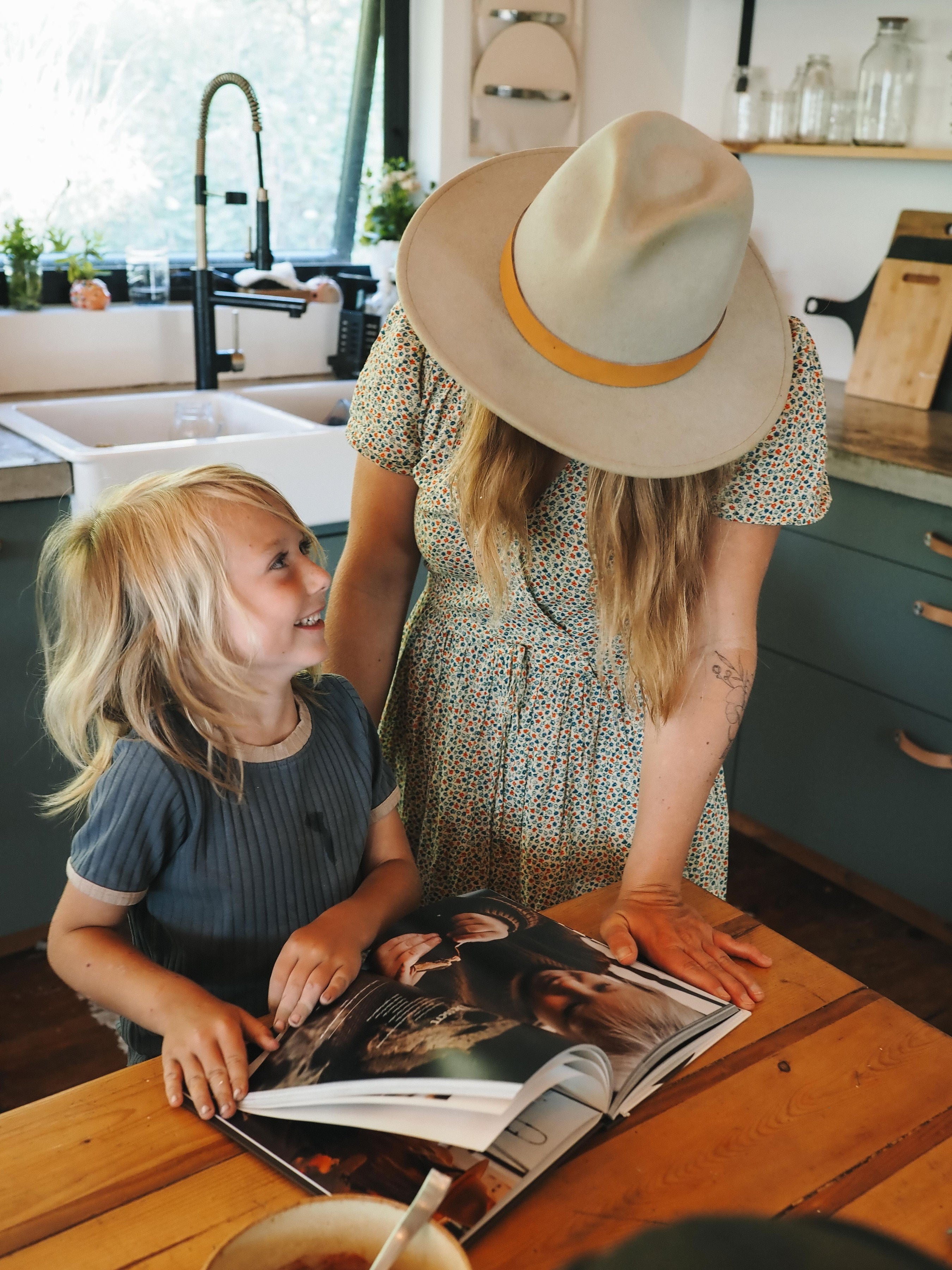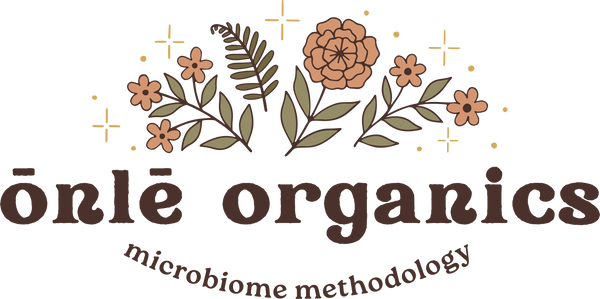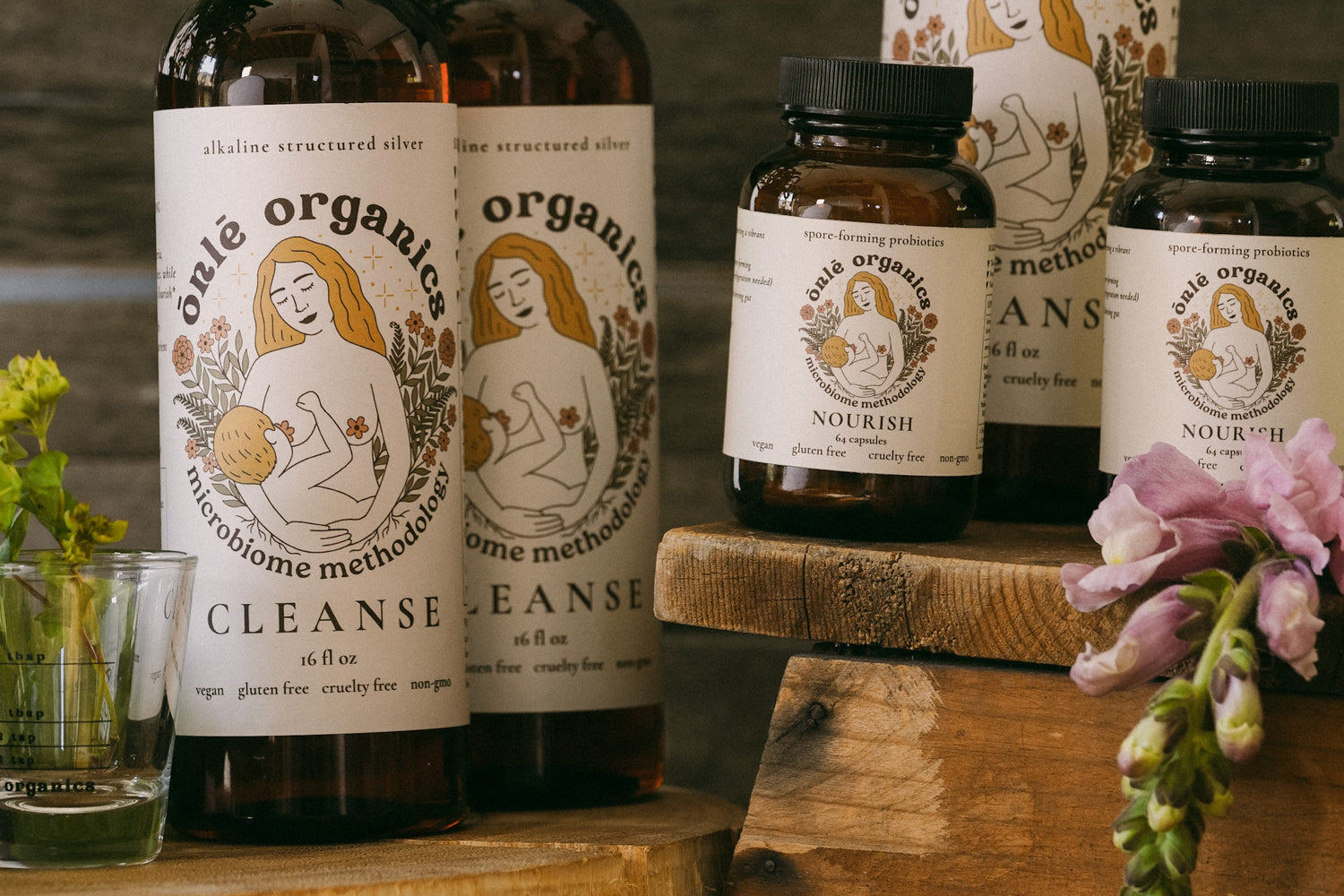


Links from episode . . .
Subscribe to Follow Your Gut with Juniper Bennett wherever you listen to podcasts
You can click one of the buttons below to take you there
Transcript:
So, you’ve just completed a gut rebalancing journey with my Women’s or Children’s Gut Rebalance Kits - congratulations! You've taken a beautiful step towards better health for you and your family. But there is something you need to know: gut health isn’t a one-and-done deal. It’s a lifelong relationship that needs care, attention, and yes, maintenance.
Think of your gut like a garden. Depending on how many rebalances you needed to heal your symptoms, you have spent months planting seeds, watering them, and pulling out the weeds. Now, those seeds are sprouting into beautiful, healthy plants. But what happens if you stop watering them, if you let the weeds take over again? The garden’s health will slowly decline, losing all the progress you made.
Your gut microbiome works the same way. After the rebalancing phase, your gut is in a healthier state. The beneficial bacteria are thriving, and the harmful ones have been eliminated. But we are all chronically exposed to bad bacteria, pathogens, yeast, mold, heavy metals, fungus and parasites daily and if you don't work to intentionally maintain your balance, the imbalance can creep back in.
Let’s go over 7 things you can to do to Maintain Gut Balance
- Reintroduce Foods Slowly: After rebalancing, you may consider reintroducing foods like wheat, dairy, refined sugar, eggs, and alcohol (for adults) that were eliminated during the rebalancing process. Reintroduce these foods one at a time and monitor your body for any symptoms that may arise. These foods were removed because they can feed bad bacteria, yeast, mold, parasites, and pathogens. Some people find they can reintroduce all of these foods without issue, while others, like my family, thrive best by keeping them out altogether.
- Continue with a Gut-Friendly Lifestyle: Stick to a diet rich in fiber, fermented foods, and a variety of colorful fruits and vegetables. These foods nourish the beneficial bacteria in your gut. Avoid processed foods, refined sugar, and excessive alcohol, as these feed harmful bacteria and disrupt your gut balance. You will also want to continue avoiding GMOs, as they negatively impact your gut microbiome and overall health.
- Commit and Subscribe to the Gut Health Maintenance Bundle: Continuing to incorporate a small dose of Cleanse Alkaline Structured Silver and Nourish Spore-Forming Probiotic is one of the most powerful things you can do. Cleanse helps keep harmful bacteria and pathogens in check, while Nourish supports a healthy and diverse gut microbiome, ensuring you maintain the balance achieved during rebalancing.
- Stay Hydrated: Drinking plenty of water is essential for digestion and helps maintain the mucosal lining of the intestines, which is crucial for a healthy gut.
- Manage Stress: Chronic stress disrupts the balance of bacteria in your gut. Practices like meditation, gentle exercise, and adequate sleep are vital in keeping your stress levels in check.
- Keep Your Pathways Open: Regular detox practices, such as taking epsom salt baths and dry brushing can help your body eliminate toxins and reduce the load on your gut, making it easier for your microbiome to stay balanced.
- Regularly Assess Your Gut Health: Keep an eye on your symptoms and consider taking my free gut health quiz every few months to ensure you’re still on track. If you notice any signs of imbalance creeping back in, it might be time for another rebalance.
The real magic of gut health happens in this maintenance phase. This is where you protect the progress you’ve made and create a foundation for long-term health. When your gut is in balance, it’s not just your digestion that improves. You’ll experience better energy levels, a stronger immune system, clearer skin, and even a more balanced mood.
Remember, your gut is the gateway to your overall health. By maintaining the balance you’ve worked so hard to achieve, you’re investing in your future well-being. So keep tending to your inner garden—it’s one of the best things you can do for yourself and your family.

